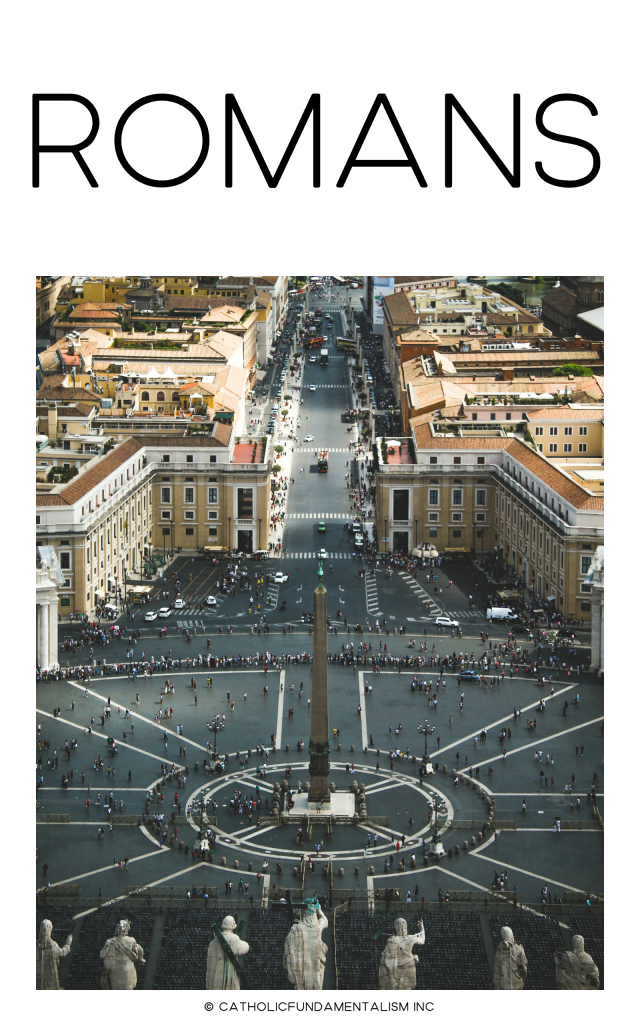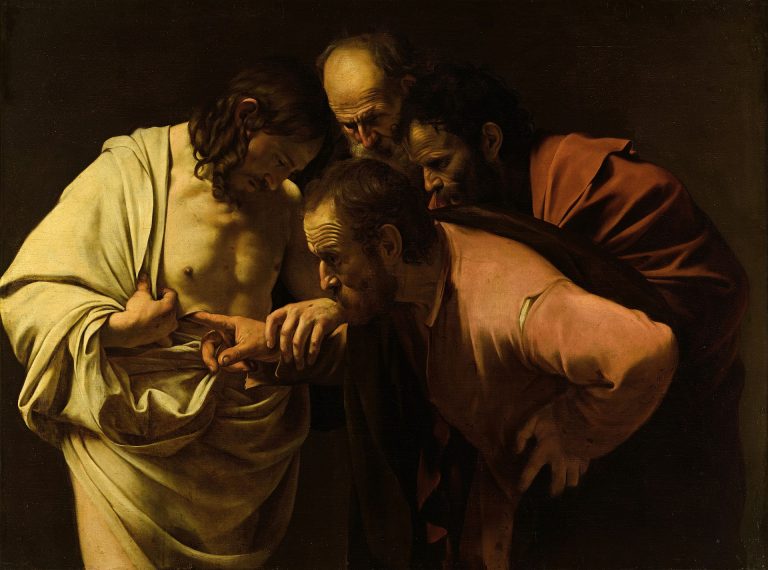Many, many people repeat this litany: “The Church should sell all its art and property. Then, The Church should give the money to the poor.”
It’s a familiar refrain. English levellers, the French Revolutionaires, Russian Communists, liberals, and leftists uniformly agree: “The Church should what it owns to help the poor.””
The Church, of course, has several billion dollars in assets, mostly real estate that no one else wants.
Governments, however, have far more assets. Why isn’t there a similar hue and cry demanding that “Governments should sell their assets to help the poor!”
For every billion The Church has, governments have many trillions. There are endless stretches of public land, unused military bases, parks, and similar wasted lands. There is a surprising amoung of money to be raised in the art works in government museums.
Finally, one city, driven into bankruptcy, is going where the big money is: assets owned by government agencies:
“Last week, Emergency Manager (and bankruptcy lawyer) Kevyn Orr decided to list the holdings of the Detroit Institute of Arts among the city’s assets in preparation for a possible bankruptcy. If the city goes through with it, it could be forced to sell off any of its assets—which now include the museum’s collection. . . .
The collection, which include treasures by Bruegel, Rodin and van Gogh as well as Diego Rivera’s famous “Detroit Industry” murals, are ostensibly worth billions of dollars, but those measures can’t really capture what such artistic treasures mean to a community.”
The Church didn’t have enough to bother about. It is governments that have enough wealth to actually help the poor. They’d prefer to spend it on salaries, benefits, and pensions. That’s where the money realized from the museum’s art sales is going to be spent.
“The Church should sell its assets to help the poor.” Hogwash. The real money is in government assets, and they are hardly ever sold to help the poor.








